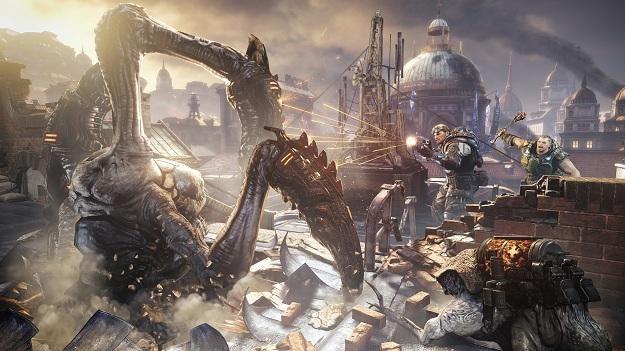
On Tuesday though, Epic announced that is now at least partially owned by Chinese Internet service portal Tencent. Though Tencent only has a minority stake in Epic, the change in the company’s ownership structure has far reaching implications about Epic’s future in the international video game market and its future as an independent company
Epic president Mike Capps spoke with Digital Trends about Tencent’s investment in his company. “Epic has worked with Tencent for years through our Unreal Engine licensing relationship,” says Capps, “They have fantastic inroads into attractive markets and platforms, and Epic has been carefully weighing its options for the next generation of games for quite some time. We can learn a lot from Tencent, and strategically aligning with them was an easy decision.”
Even if it is taking on outside investment, Epic is still committed to its independence. “Epic has always been in control of our business, and we very much enjoy our independence,” says Capps, “This is the first outside investment we’ve accepted in 21 years, and we’re looking forward to moving forward on all of our plans with Tencent’s support. Call us back in 2033 and ask us if our stance has changed.”
For fans of Epic’s games, from Infinity Blade on the iPhone and iPad on up to big budget shooters like E3 2012 darling Gears of War: Judgment, Tencent’s stake in the company might be worrisome. Will outside companies suddenly have access to Epic’s intellectual property? Capps says this too won’t change. “Epic maintains control of all of its IP as well as the Unreal Engine licensing business. Of course, we’ve accepted Tencent’s investment because we believe in them as a long-term partner, and we look forward to collaborating with their team in many areas of our business.”
Tencent operates a number of web services in China, including the monstrously popular QQ Instant Messenger service. QQIM commands a base of nearly 712 million active users.
There is no independent video game studio more famous or significant to the modern video game industry than Epic Games. When it was more common for studios to exist outside the corporate structure of a publisher, studios like id ruled the industry, but even that titans of middleware like the Quake engine is now part of Bethesda ZeniMax. That Epic remained independent, even as its Unreal Engine 3 became a standard framework for blockbuster and mobile games alike, is astounding. The demands of future technology and the changing industry though are obviously great enough that Epic requires partnerships like the one newly forged with Tencent.
What changes will be born out of this new relationship and any future relationships Epic forges as it seeks outside investment will become clear as the transition to machines running Unreal Engine 4 become more commonplace.


